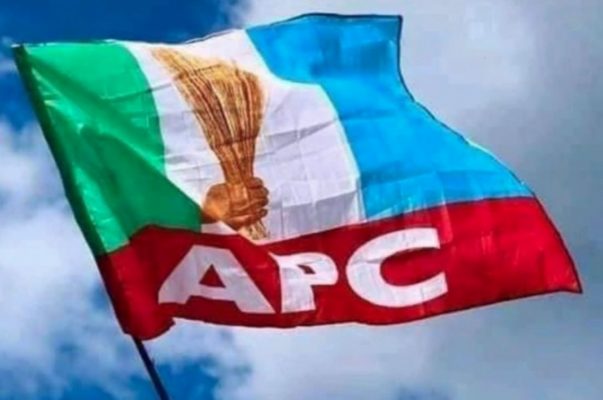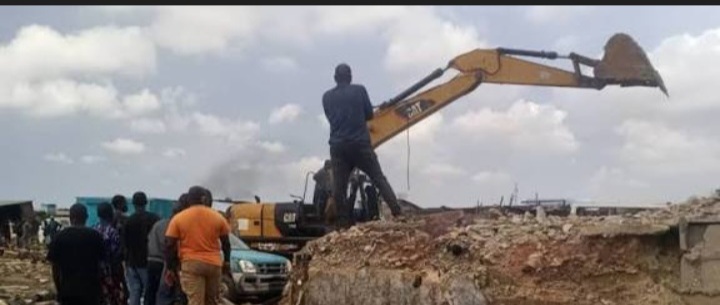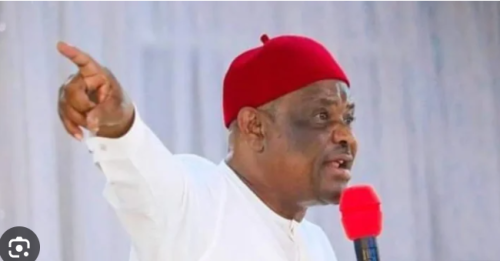Okorocha tasks NULGE on food security

Governor, Rochas Okorocha of Imo state on Tuesday challenged the leadership of the National Union of Local Government Employees (NULGE) to engage workers of the 774 Local Government Councils in the country in agriculture for the nation to tackle hunger and starvation ravaging some families.
Okorocha who warned that continued dependence on revenue from oil as the mainstay of the nation’s economy and the wanton neglect of agriculture by Nigerians might spell doom in no distant time if the situation is not arrested.
The governor gave the advice when he declared open ,A Two-Day First Women GenderYoung Workers Representative Conference organised by the National Unión of Local Government Employees (NULGE) in Owerri with the theme “Promoting Women And Youth Participation In Trade Unionism In Nigeria.”
“Today, Germany and some other more advanced nations of the world are battling with legions of refugees as a result of severe food crisis and so, we must go back to agriculture without further procrastination and it is only the local government councils that can assist us revolutionalize our agricultural sector”.
He therefore called for involvement of more women in governance, stressing that failure to accommodate the womenfolk in governance is largely responsible for failure in some quarters. He commended the organizers of the workshop for their vision to strengthen women and youth participation in trade unionism and enjoined them to reach out to both states and federal government for support in meaningful agricultural activities
National President of NULGE- Ibrahim Khaleel who spoke in tandem with the Imo state chairman of the Union Ndubuisi Ucheghara explained that the workshop was put in place to expose the council workers to stronger trade unionism, education and knowledge. This he said would enhance their capacity building and knowledge in leadership and inclusive participation in governance
The trade union leaders said that the exercise was equally packaged for a better functional local government system in order to bridge the gap in democracy and thus bring governance to the grassroots.
Val Okara, Owerri










